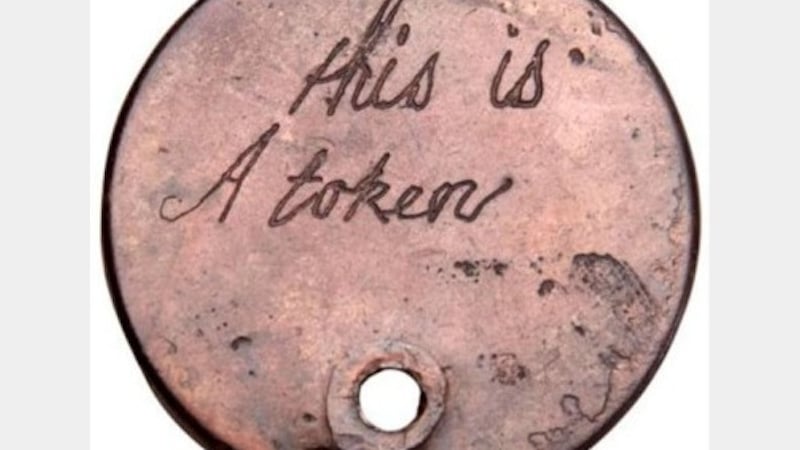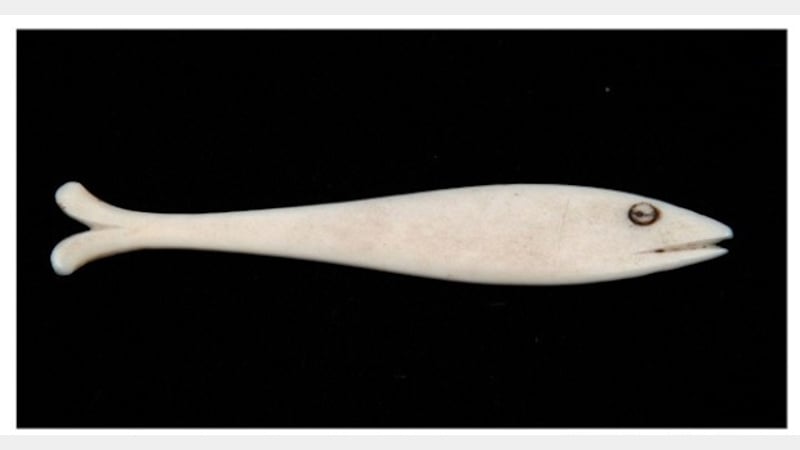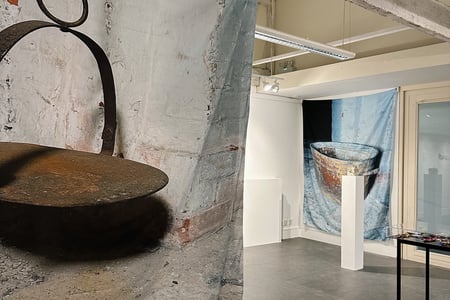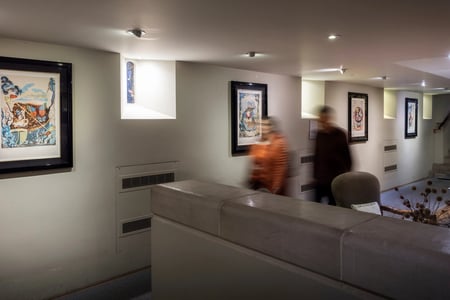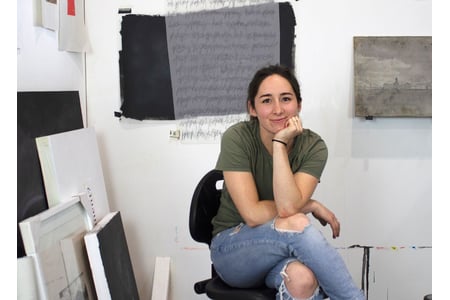The themes of the child, belonging and identity have been recurrent in my practice and writing for some time.
One of the many catalysts in this journey was a trip to the Foundling Museum in London a few years ago. The museum focuses on the stories of the Foundling Hospital - initiated by Thomas Coram in the 18th century for the 'Maintenance and Education of Exposed and Deserted young Children'. I initially went there to see a show of works by Paula Rego, Tracey Emin and Mat Collishaw. However, it was really the cases of 'tokens', held in the museum collection, that stayed with me.
These 'tokens' took many forms: from a nutshell, to a coin, to a piece of fabric or a playing card - all interesting objects in themselves (some more than others) but it was the individual story each one alludes to, that gave them their real poignancy and intrigue.
Their purpose was to identify the child with the mother/parent; providing a tangible link back to their history and identity. The tokens also allowed the parent/relative the possibility of reclaiming the child, should the circumstances have changed. This happened successfully only on a few occasions, although several claims were made.
The tokens were initially kept, along with any other details of the child and both the child and the documentation were given a number. For the child, the number was stamped onto a tag, which was then suspended around their neck, for the duration. It was forbidden for any employee of the hospital to remove it.
The current exhibition, entitled Fate, Hope & Charity, reunites many of the tokens with their documentation, which over time had become separated. I found it provided a window into a desperate experience and, at the same time, a hopeful reassurance that 'all was not lost'.
It is a fascinating museum, which also houses works by Hogarth and Handel, who were early supporters of the hospital. Truly worth a visit!
Fate, Hope and Charity is running until 19th May 2013. For more details: www.foundlingmuseum.org.uk
With thanks to Matthew Read at West Dean and Alison Duke from the Foundling Museum. All images copyright The Foundling Museum.
